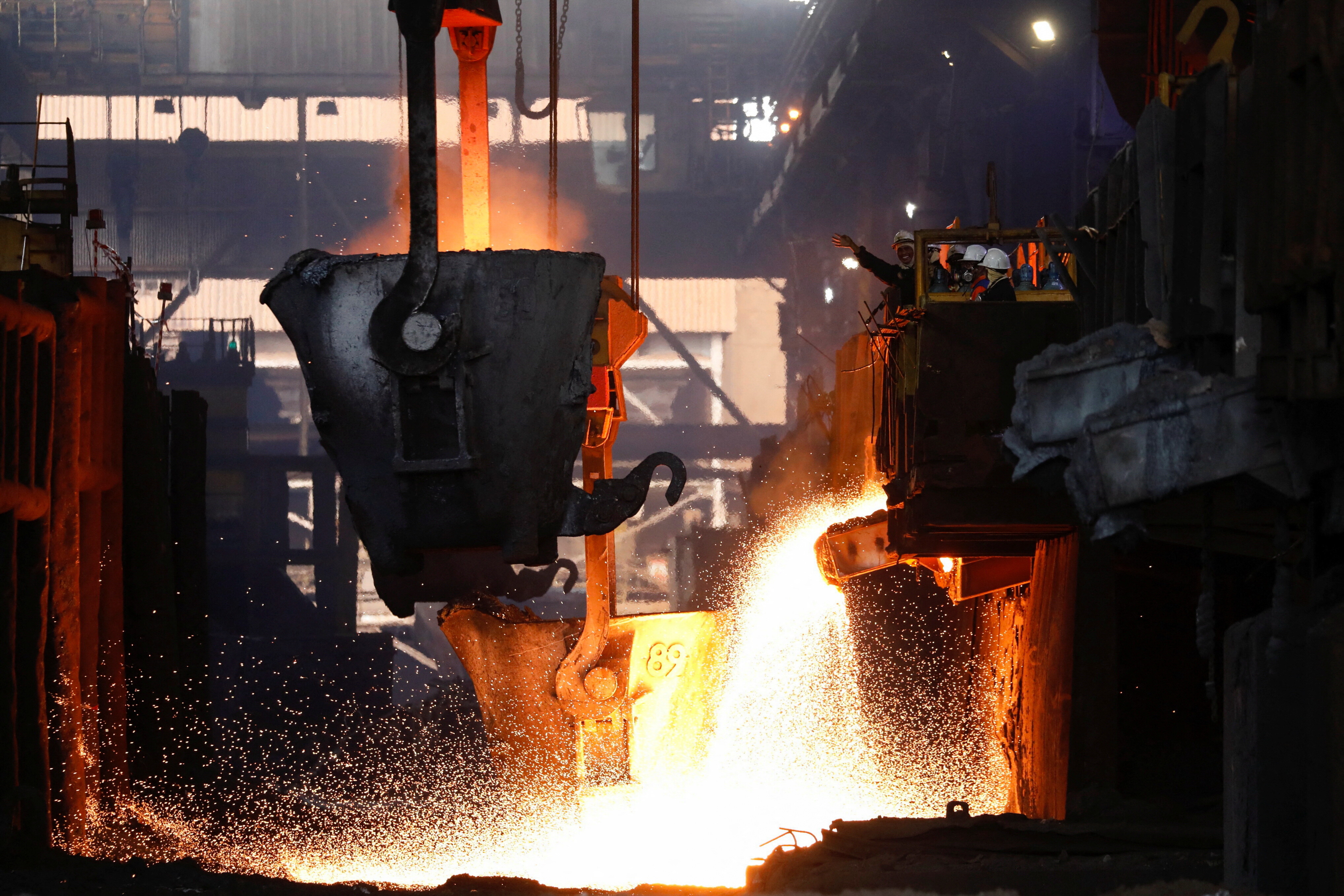Explainer: How China can address inequalities

What are the top policy issues in China right now? In this series of explainers on China, we have gathered the knowledge of experts at the World Economic Forum, to write about topics ranging from inclusive growth to urban migration. See the full list of explainers on China’s top policy issues at the bottom of this article, and learn more about our meeting in China, taking place in Dalian, September 09-11, here.
Policy Issue: Inclusive Growth
What: Need to adapt institutions to maintain economic dynamism and address inequalities
Related content: World Economic Forum report publication of Inclusive Growth and Development
Since the opening of China’s economy in 1979, Chinese society has undergone momentous change. With this change, China has witnessed unprecedented shifts – migration from inland to coastal cities, from rural to urban areas, from farms to factories and now to service-sector jobs.
These demographic shifts have shaken up social hierarchies that have now been redefined by urban-rural divisions and an emerging middle class that is estimated to make up 40% of the population by 2020. As income levels rise, middle-income, urban and increasingly wired Chinese “netizens” are demanding more than the basic necessities of life. Beyond food and shelter, they increasingly yearn for more profitable employment, better quality education, more affordable healthcare, housing, social security entitlements, cleaner environment, a better lifestyle and readily accessible information and entertainment options.
In the face of these changes, the Chinese government has been adapting its regulations and policies to China’s changing demographics, social demands and financial needs. As China’s ageing population faces the risk of getting old before it gets rich, the Chinese government has pushed forward reforms of the one-child policy and is reforming healthcare the insurance and pension systems.
In response to the demands of its post-90’s digitized youth, China’s digital ecosystem strikes a delicate balance between information openness and centralization of control. Greater demands for accountability places China in a precarious position to balance civil society voices – grassroots activists, NGOs, labour unions, human rights lawyers and investigative journalists.
The influx of migrant workers into urban areas has led China to reform the Household Registration System (Hukou) to ensure improved social welfare benefits for migrant workers. To preserve the integrity of government officials and accountability of the party, the Chinese government has taken a top-down approach to stamp out corruption from all levels of government, from high-level party cadres to local officials, and has reformed its decades-old state-owned-enterprise (SOE) system.
Whether the Chinese government can implement the much-needed structural reforms to deliver a more efficient, accountable and fair governance system is key to unlocking inclusive growth for all Chinese citizens in the coming decade.
More China Insights:
Don't miss any update on this topic
Create a free account and access your personalized content collection with our latest publications and analyses.
License and Republishing
World Economic Forum articles may be republished in accordance with the Creative Commons Attribution-NonCommercial-NoDerivatives 4.0 International Public License, and in accordance with our Terms of Use.
The views expressed in this article are those of the author alone and not the World Economic Forum.
Stay up to date:
Economic Growth
Forum Stories newsletter
Bringing you weekly curated insights and analysis on the global issues that matter.
More on Economic GrowthSee all
Khadijah Alkadi and Rayan Alamoudi
November 24, 2025






